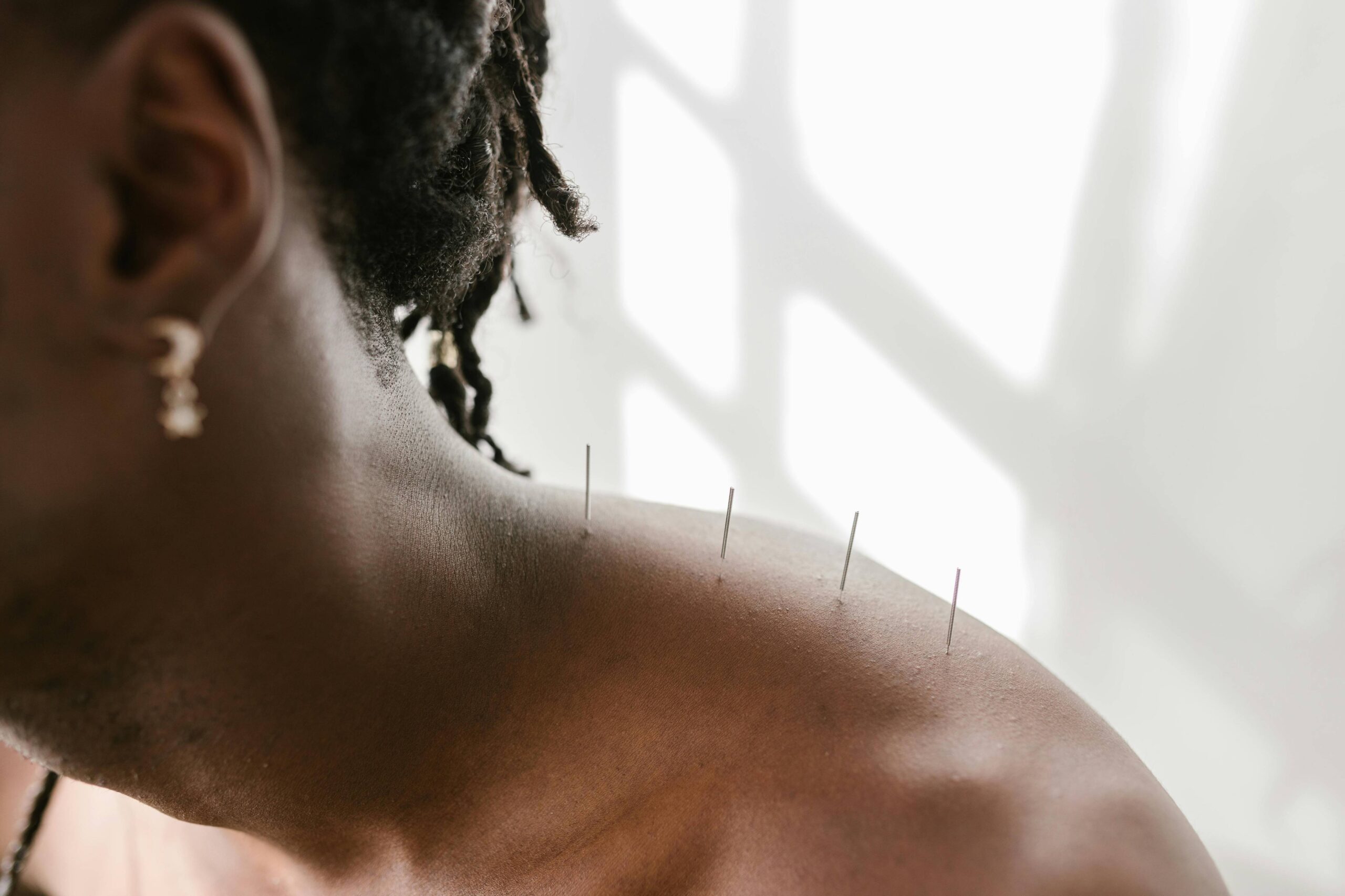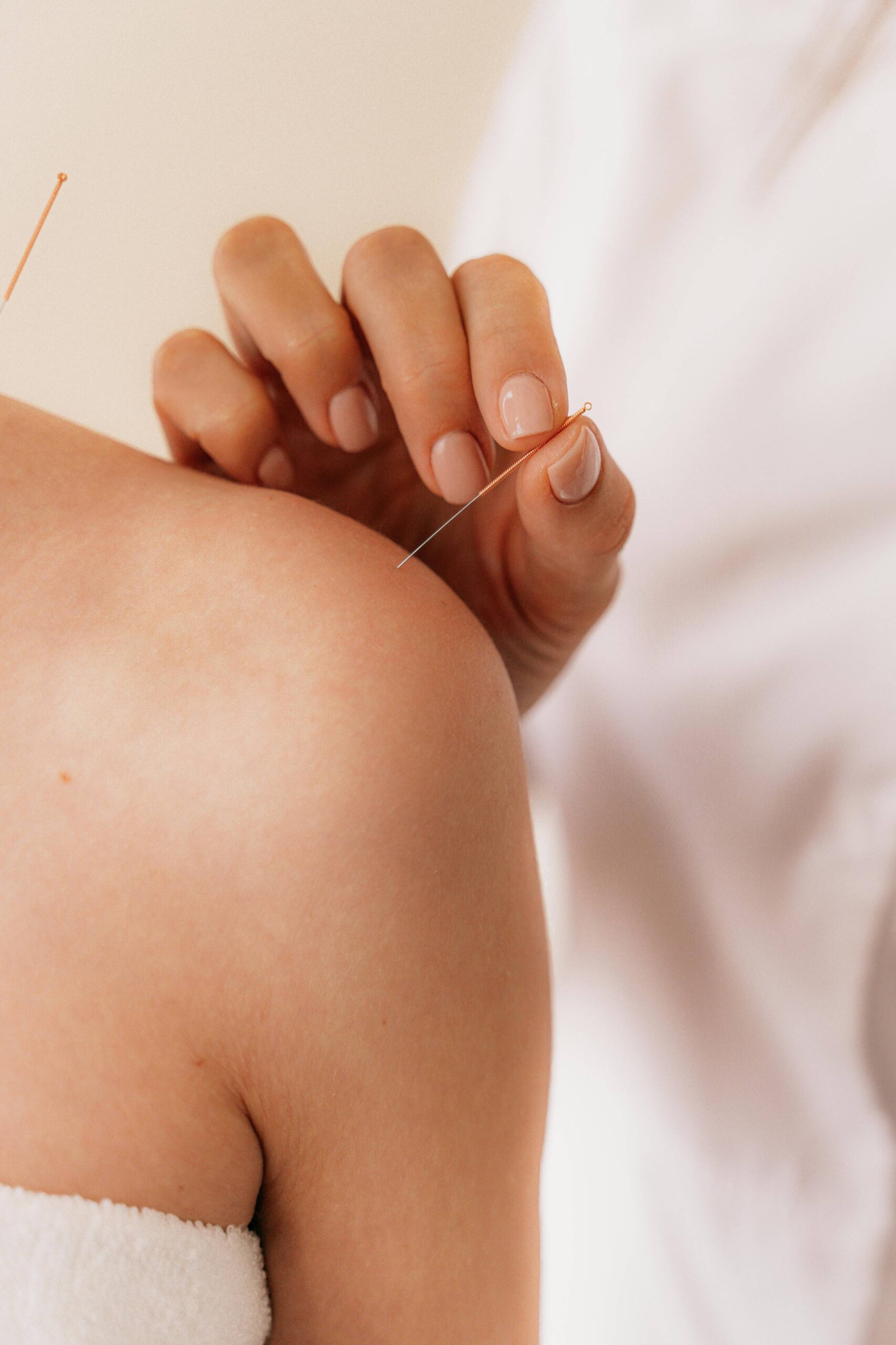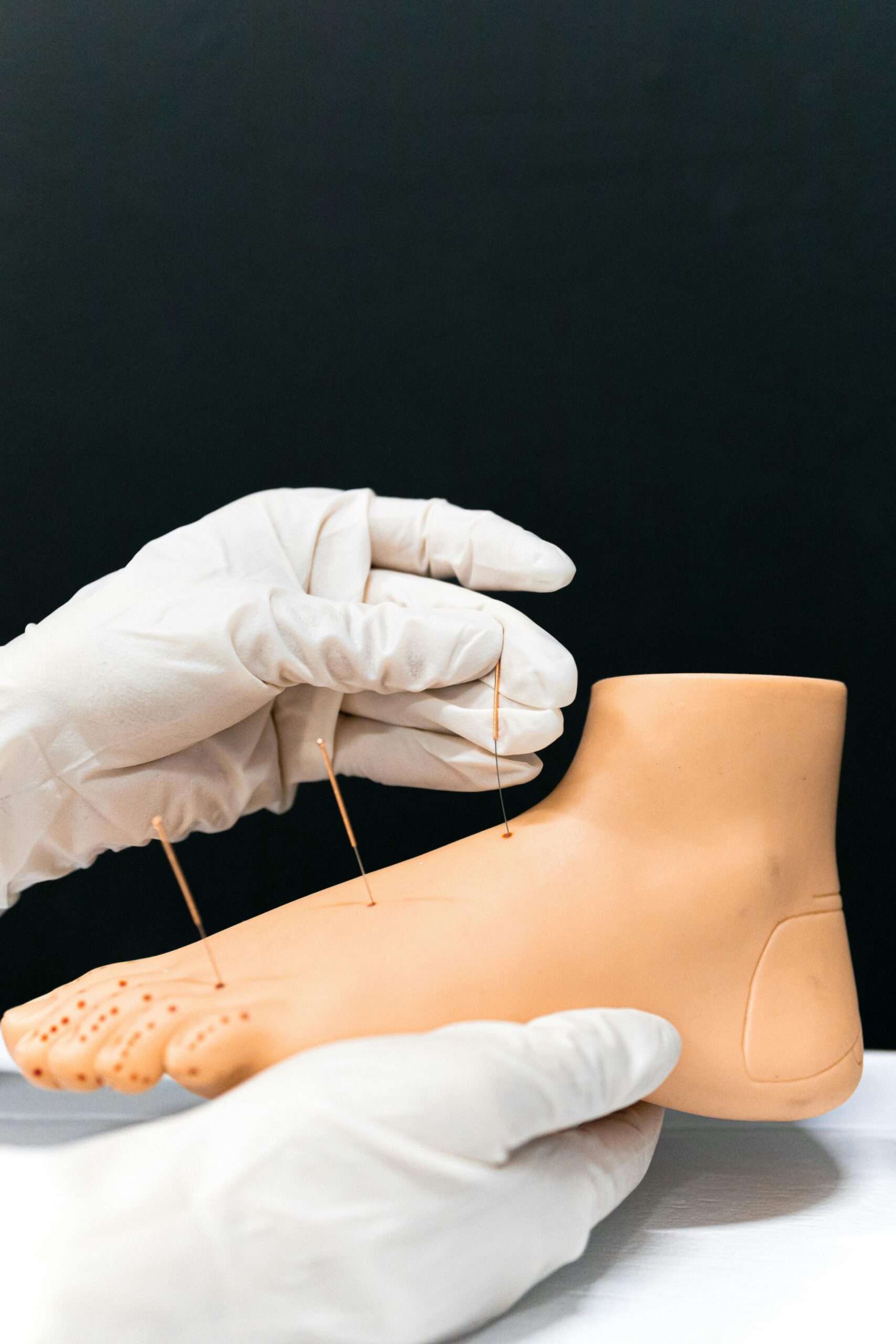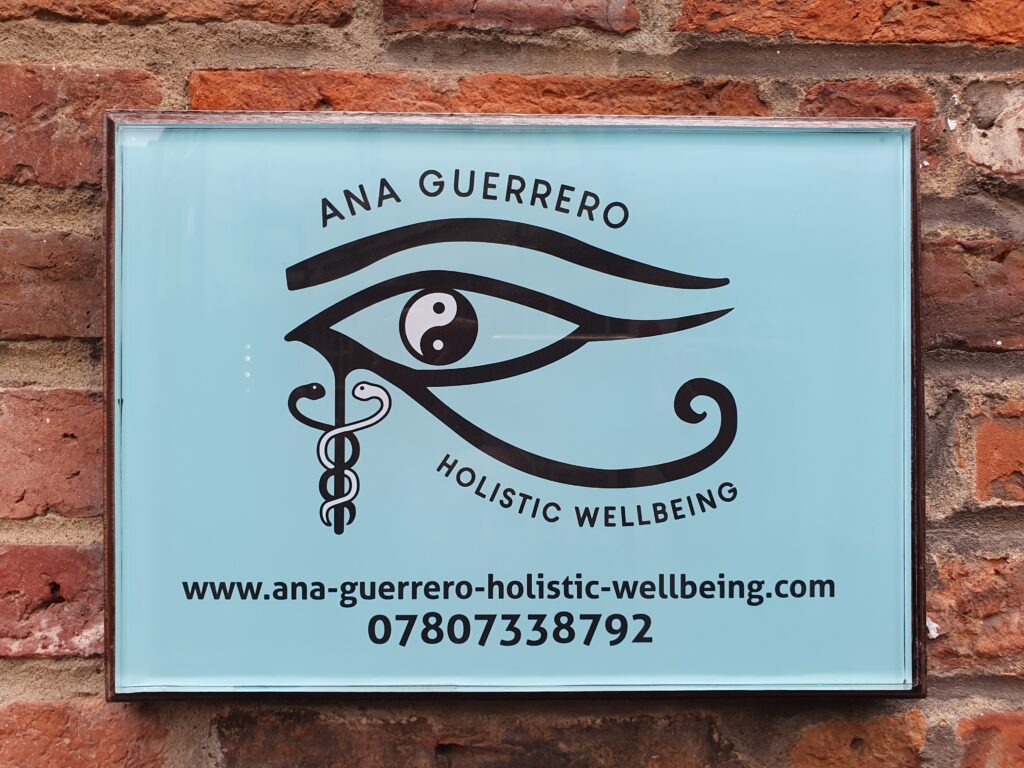In a world where the clamour for holistic healing practices is growing louder by the day, acupuncture therapy stands out as a beacon of hope for many. This ancient Chinese medicinal practice has traversed through centuries, evolving and adapting to meet the health needs of modern society. My journey into the realm of acupuncture began out of curiosity and a desire to explore alternative healing methods that veer away from conventional medicine’s often invasive approaches. This exploration was not just enlightening but transformative, altering my perceptions of health and wellness. In this article, I aim to guide you through the intricacies of acupuncture therapy, its myriad benefits, and how to find the best practitioners near you.
Understanding Acupuncture Therapy
Acupuncture therapy, at its core, is a technique that involves the insertion of extremely thin needles through the skin at strategic points on your body. This practice is rooted in traditional Chinese medicine and is based on the belief that health is the result of a harmonious balance between the yin and yang of the life force known as Qi (pronounced “chee”). Qi is supposed to flow through meridians (pathways) in your body, accessible through 350 acupuncture points.
The insertion of needles into these points with appropriate combinations brings the energy flow back into proper balance. Initially, I was sceptical about the idea of being pricked with needles for wellness. However, learning that these needles are as fine as hair and designed to offer a painless experience was reassuring. The practice, I realised, is less about the needles and more about understanding the body’s meridians and the flow of energy.
The philosophy behind acupuncture fascinated me. It wasn’t just an art of healing; it was a profound understanding of the human body and its connection to the universe. The more I delved into its principles, the more I appreciated its depth and the skill required to practise it effectively.
The Benefits of Acupuncture Therapy
Embarking on acupuncture therapy is akin to opening a treasure chest of health benefits. My initial sessions were driven by curiosity, but they soon revealed benefits that were hard to ignore. Firstly, it offers a potent remedy for pain relief, particularly from chronic conditions such as headaches, arthritis, and back pain. The relief I felt was not just immediate but also lasting, reducing the need for medication and its potential side effects.
Moreover, acupuncture therapy is renowned for its effectiveness in treating insomnia and improving sleep quality. The nights following my sessions were marked by deep, uninterrupted sleep, a rarity in my previously restless nights. Additionally, this therapy enhances mental clarity and energy, attributes that significantly improve daily productivity and overall quality of life.
One of the most compelling benefits I discovered was its role in managing stress and anxiety. In today’s fast-paced world, these mental health issues are increasingly prevalent. Acupuncture offers a natural and effective way to alleviate these conditions, promoting a sense of calm and well-being that is deeply rejuvenating.
How Does Acupuncture Therapy Work?
The science behind acupuncture therapy is as fascinating as its benefits. When the needles are inserted into the specific points along the meridians, they stimulate the nervous system to release chemicals in the muscles, spinal cord, and brain. These chemicals either change the experience of pain or trigger the release of other substances and hormones that influence the body’s internal regulating system.
This stimulation improves the body’s natural healing abilities and promotes physical and emotional well-being. The needles also increase blood circulation and reduce inflammation, which aids in healing and pain relief. The process, from a scientific standpoint, is a complex interplay of biology and energy that works to restore the body to its state of equilibrium.
My sessions were a revelation, showcasing how a practice steeped in ancient traditions could be supported by modern scientific explanations. It was a blend of the old and the new, the mystical and the empirical, working in harmony to heal the body and mind.
Finding the Best Acupuncture Therapy Near Me
The quest to find the best acupuncture therapy near me was driven by a desire for skilled practitioners who could offer personalised treatments. The journey began with extensive research, seeking out clinics with stellar reputations and highly recommended by both past clients and professional associations. I prioritised practitioners who not only had a profound understanding of acupuncture but also a holistic approach to healing.
Consulting with these practitioners before beginning treatment was crucial. It provided insights into their methodologies, their understanding of acupuncture’s principles, and how they intended to tailor the therapy to my needs. The best practitioners, I discovered, were those who listened intently, explained the process clearly, and exuded a genuine passion for healing.
This search was not just about proximity; it was about finding a practitioner who resonated with my health philosophy and with whom I could build a trusting relationship. It was a reminder that the best care often comes from not just skill but also the connection between practitioner and patient.
What to Expect During an Acupuncture Therapy Session
Walking into my first acupuncture therapy session, I was a bundle of nerves and anticipation. What unfolded, however, was a deeply calming and surprisingly pleasant experience. The initial consultation was thorough, with the practitioner inquiring about my medical history, lifestyle, and the specific issues I hoped to address through acupuncture.
The treatment itself involved lying comfortably while specific points on my body were gently targeted with needles. Despite my initial apprehension, the process was virtually painless, with only a slight tingling sensation or a feeling of heaviness around the needle sites. The needles were left in place for about twenty to thirty minutes, during which I experienced a profound sense of relaxation and well-being.
Post-session, I felt a noticeable improvement in my energy levels and a significant reduction in the stress I had been feeling. It was a clear indication of the immediate effects of acupuncture and a promising glimpse into its long-term benefits.
Acupuncture Therapy for Holistic Healing
Acupuncture therapy transcends the mere alleviation of symptoms; it is a journey towards holistic healing. This approach considers the entire individual—body, mind, and spirit—striving to restore balance and harmony. My journey through acupuncture illuminated its potential not just as a form of treatment but as a lifestyle choice that prioritises wellness and preventive care.
The holistic aspect of acupuncture therapy is what sets it apart from conventional medicine. It does not isolate symptoms but rather views them as part of a larger imbalance within the body. This perspective was transformative, encouraging me to adopt a more integrated approach to my health, one that includes mindfulness, nutrition, and regular acupuncture sessions.
This journey towards holistic healing has been a revelation, offering a deeper understanding and appreciation of my body’s capabilities and resilience. Acupuncture has become a vital component of my wellness routine, a testament to its effectiveness in promoting health and harmony.
Acupuncture Therapy and Its Effects on Physical and Mental Health
The impact of acupuncture therapy on physical and mental health cannot be overstated. Physically, it has been a remarkable tool for pain management, reducing reliance on medication and its associated risks. The improvements in sleep quality and energy levels have been equally significant, enhancing my daily functioning and overall well-being.
Mentally, acupuncture has been a sanctuary of calm in the chaos of everyday life. The reduction in stress and anxiety levels has been profound, fostering a sense of peace and mental clarity that I had not experienced before. This therapy has also been instrumental in addressing mood swings and depression, offering a natural alternative to conventional treatments.
The interconnectedness of physical and mental health is a cornerstone of acupuncture therapy. This practice recognises that the mind and body are not separate entities but deeply intertwined. Healing one aspect invariably benefits the other, underscoring the importance of a holistic approach to health and well-being.
Choosing the Right Acupuncture Therapist for Your Needs
Selecting the right acupuncture therapist is a critical step in your healing journey. This choice should be informed by not only the practitioner’s qualifications and experience but also their approach to treatment and patient care. The best therapists are those who view acupuncture as a partnership between practitioner and patient, where open communication and personalised treatment plans are paramount.
It is essential to choose a therapist with whom you feel comfortable and connected. This relationship is built on trust and mutual respect, elements that are crucial for effective treatment. Additionally, consider practitioners who are committed to ongoing education and who stay abreast of the latest research and techniques in acupuncture.
My experience taught me that the right therapist is not just a healer but a guide who empowers you to take an active role in your wellness journey. This partnership has been instrumental in achieving not just short-term relief but lasting health improvements.
Frequently Asked Questions about Acupuncture Therapy
Embarking on acupuncture therapy often comes with a host of questions and uncertainties. Here are some of the most common queries:
- Is acupuncture painful? While the idea of needles may be daunting, acupuncture needles are extremely thin, and their insertion is generally painless. Some people may experience a mild tingling sensation or a brief moment of discomfort, but this is typically minimal.
- How many sessions will I need? The number of sessions varies depending on the individual and the condition being treated. Some may experience relief after just a few sessions, while others may require longer-term treatment.
- Is acupuncture safe? When performed by a licensed and skilled practitioner, acupuncture is highly safe and has few side effects. It is crucial, however, to choose a reputable therapist to ensure the highest standards of care and hygiene.
- Can acupuncture work for me? Acupuncture has a wide range of applications and has been shown to be effective for many conditions. However, individual experiences can vary, and it is best to consult with a practitioner to discuss your specific needs and expectations.
Conclusion
My journey into the world of acupuncture therapy has been one of discovery, healing, and transformation. This ancient practice has opened my eyes to the power of holistic healing and the importance of maintaining balance within the body and mind. By sharing my experiences and insights, I hope to inspire others to explore acupuncture as a pathway to improved health and well-being.
Finding the best acupuncture therapy near me was not just about proximity but about finding a practitioner who could offer personalised, compassionate care. This journey has taught me the value of patience, the importance of a holistic approach to health, and the profound impact that acupuncture can have on physical and mental well-being.
If you’re seeking an alternative or complement to conventional medical treatments, I encourage you to consider acupuncture. It is a journey well worth embarking on, offering a natural, effective path to healing and wellness.







